Russian cyber attack would cripple UK infrastructure, warns defence secretary
An attack would cause "thousands and thousands of deaths" says Gavin Williamson

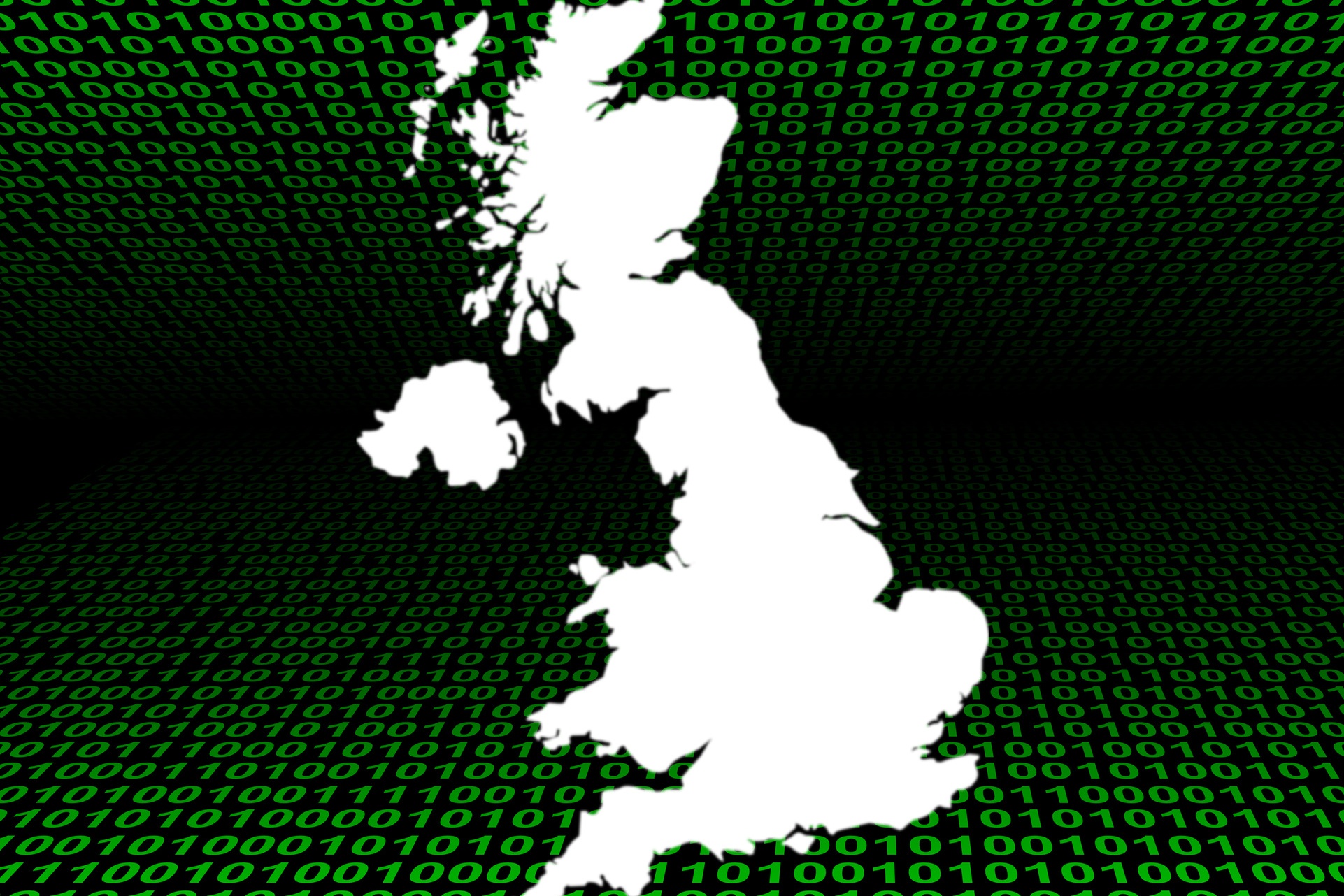
The UK's defence secretary has warned that a cyber attack by Russia could cripple Britain's infrastructure and cause "thousands and thousands and thousands of deaths".
Gavin Williamson told The Telegraph that the Russian government has been researching the UK's energy supply and supporting infrastructure, which if it were to launch a cyber attack against would cause "total chaos" for Britain.
Williamson noted that a cyber attack from Russian is the "real threat" the UK is currently facing, noting that an attack from Moscow would come from the digital not physical world.
"The plan for the Russians won't be for landing craft to appear in the South Bay in Scarborough, and off Brighton beach," Williamson told the Telegraph.
"They are going to be thinking, 'how can we just cause so much pain to Britain?
"Damage its economy, rip its infrastructure apart, actually cause thousands and thousands and thousands of deaths, but actually have an element of creating total chaos within the country."
Such comments may be seen as hyperbolic and paranoia tinged, but Williamson statements were backed up by security minister Lord West, who also serves as Britain's First Seal Lord. West said he was "absolutely certain" Russia has been looking at how it could access the UK's critical infrastructure.
Sign up today and you will receive a free copy of our Future Focus 2025 report - the leading guidance on AI, cybersecurity and other IT challenges as per 700+ senior executives
Moscow has not responded to Williamson's claims at the time of writing.
23/01/18: NCSC: Severe cyber attack on UK is unavoidable
A serious cyber attack on the UK's vital infrastructure is inevitable, according to the head of the National Cyber Security Centre (NCSC).
The UK has been lucky to avoid such an attack while the US, France, and Ukraine have all suffered this kind of interference, but that luck won't last forever, said Ciaran Martin in an interview with the Guardian.
"It is a matter of when, not if and we will be fortunate to come to the end of the decade without having to trigger a category one attack," he said.
"Some attacks will get through. What you need to do is cauterise the damage."
Category one attacks include any hacks that can damage or bring down infrastructure like energy grids, financial services or even elections.
The US is still investigating the extent of suspected Russian interference in its 2016 presidential election, while France withdrew an electronic vote over hacking fears in June last year. Ukraine's power grid was brought down by a hack known as BlackEnergy in 2015, and suffered a similar power cut a year later.
The NCSC is due to publish a report on how successful its security strategies have proved since it opened in October 2016, according to the Guardian.
The dossier will include a ranking of cyber attacks, which sees the WannaCry ransomware that targeted businesses but also hospitals classed as a category two attack, partly because it presented no risk to life, though it caused widespread delays to hospital operations.
There were 32 such category two attacks, the NCSC told the publication, and 762 category three attacks.
Roland is a passionate newshound whose journalism training initially involved a broadcast specialism, but he’s since found his home in breaking news stories online and in print.
He held a freelance news editor position at ITPro for a number of years after his lengthy stint writing news, analysis, features, and columns for The Inquirer, V3, and Computing. He was also the news editor at Silicon UK before joining Tom’s Guide in April 2020 where he started as the UK Editor and now assumes the role of Managing Editor of News.
Roland’s career has seen him develop expertise in both consumer and business technology, and during his freelance days, he dabbled in the world of automotive and gaming journalism, too.
-
 OpenAI's 'Skills in Codex' service aims to supercharge agent efficiency for developers
OpenAI's 'Skills in Codex' service aims to supercharge agent efficiency for developersNews The Skills in Codex service will provide users with a package of handy instructions and scripts to tweak and fine-tune agents for specific tasks.
-
 Cloud infrastructure spending hit $102.6 billion in Q3 2025
Cloud infrastructure spending hit $102.6 billion in Q3 2025News Hyperscalers are increasingly offering platform-level capabilities that support multi-model deployment and the reliable operation of AI agents
-
 ASUS, Cisco, Netgear devices exploited in ongoing Chinese hacking campaign
ASUS, Cisco, Netgear devices exploited in ongoing Chinese hacking campaignNews Critical national infrastructure is the target of sustained attempts from state-sponsored hackers, according to Five Eyes advisories
-
 Off-the-shelf ransomware is spurring a new era in the Ukraine war
Off-the-shelf ransomware is spurring a new era in the Ukraine warNews Experts agreed Russian forces could be overwhelmed, forced to use less sophisticated tools to meet the regime's demands
-
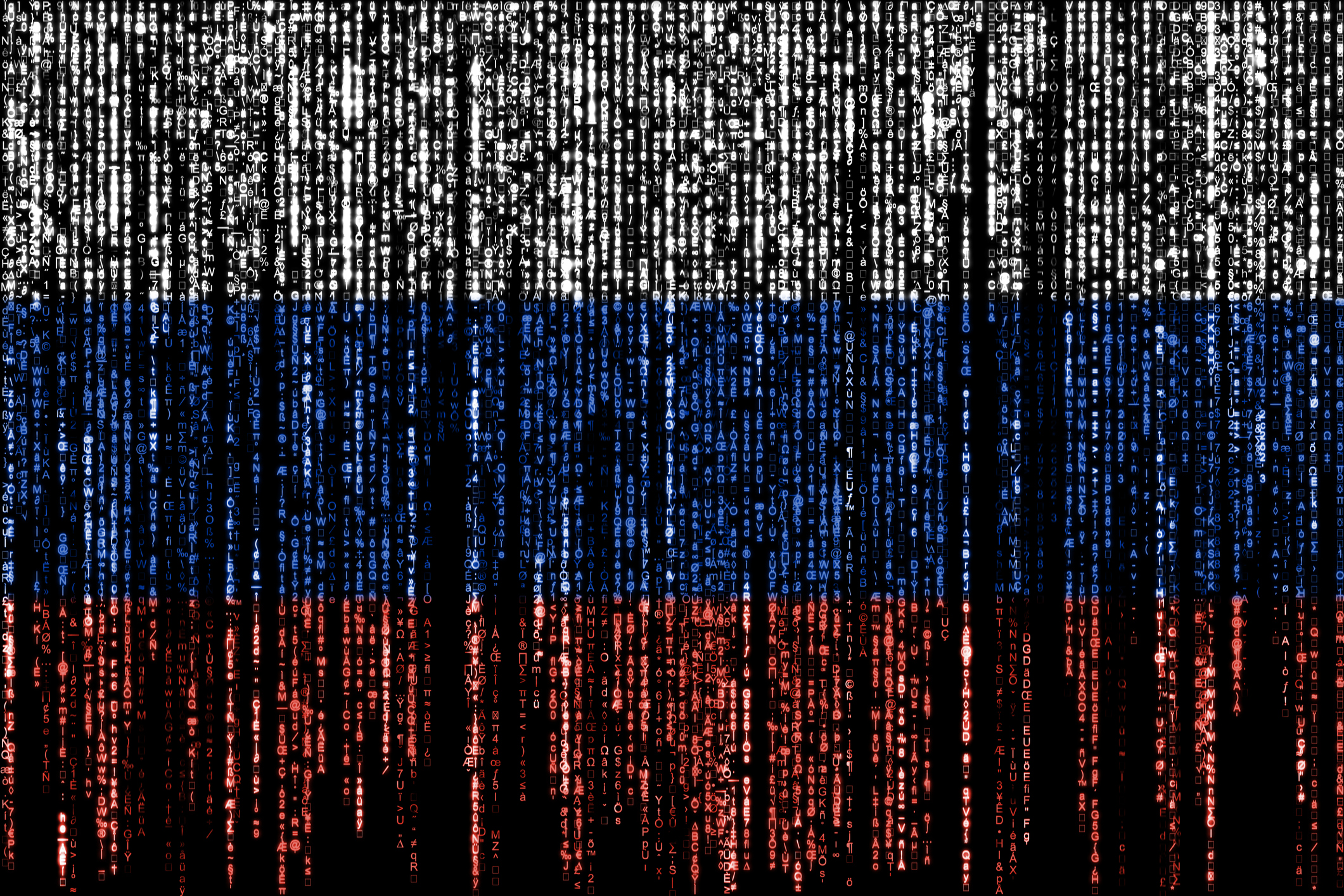 NCSC: “New class” of Russian cyber attackers seek to destroy critical infrastructure
NCSC: “New class” of Russian cyber attackers seek to destroy critical infrastructureNews The cyber threat has been raised due to the heightened risk of ideologically driven cyber attacks from Russia-aligned adversaries
-
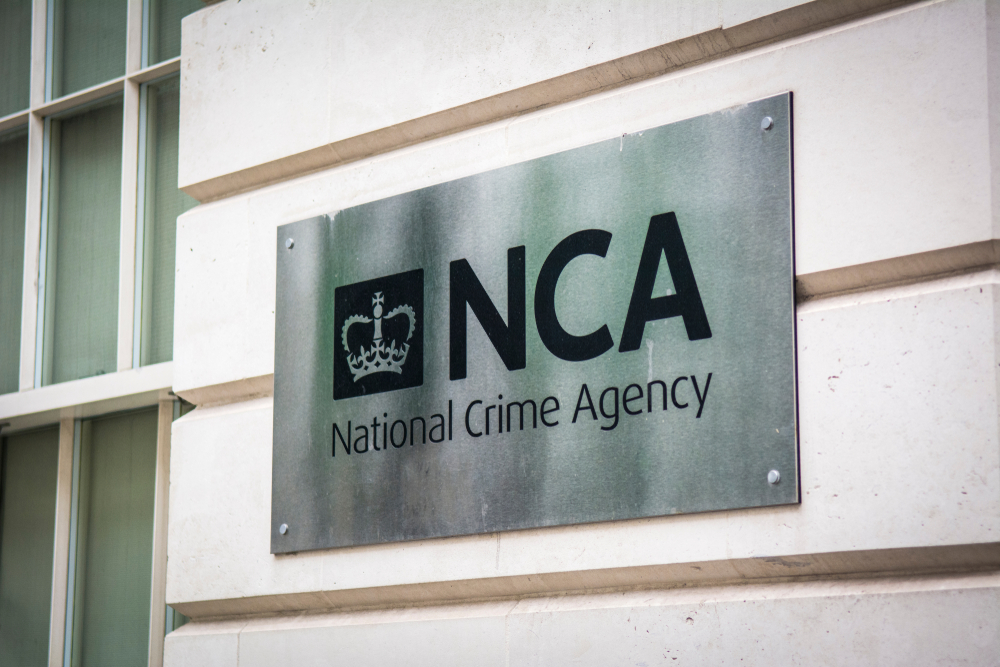 UK crime fighters wrangle “several thousand” potential cyber criminals in DDoS-for-hire honeypot
UK crime fighters wrangle “several thousand” potential cyber criminals in DDoS-for-hire honeypotNews The sting follows a recent crackdown on DDoS-for-hire services globally
-
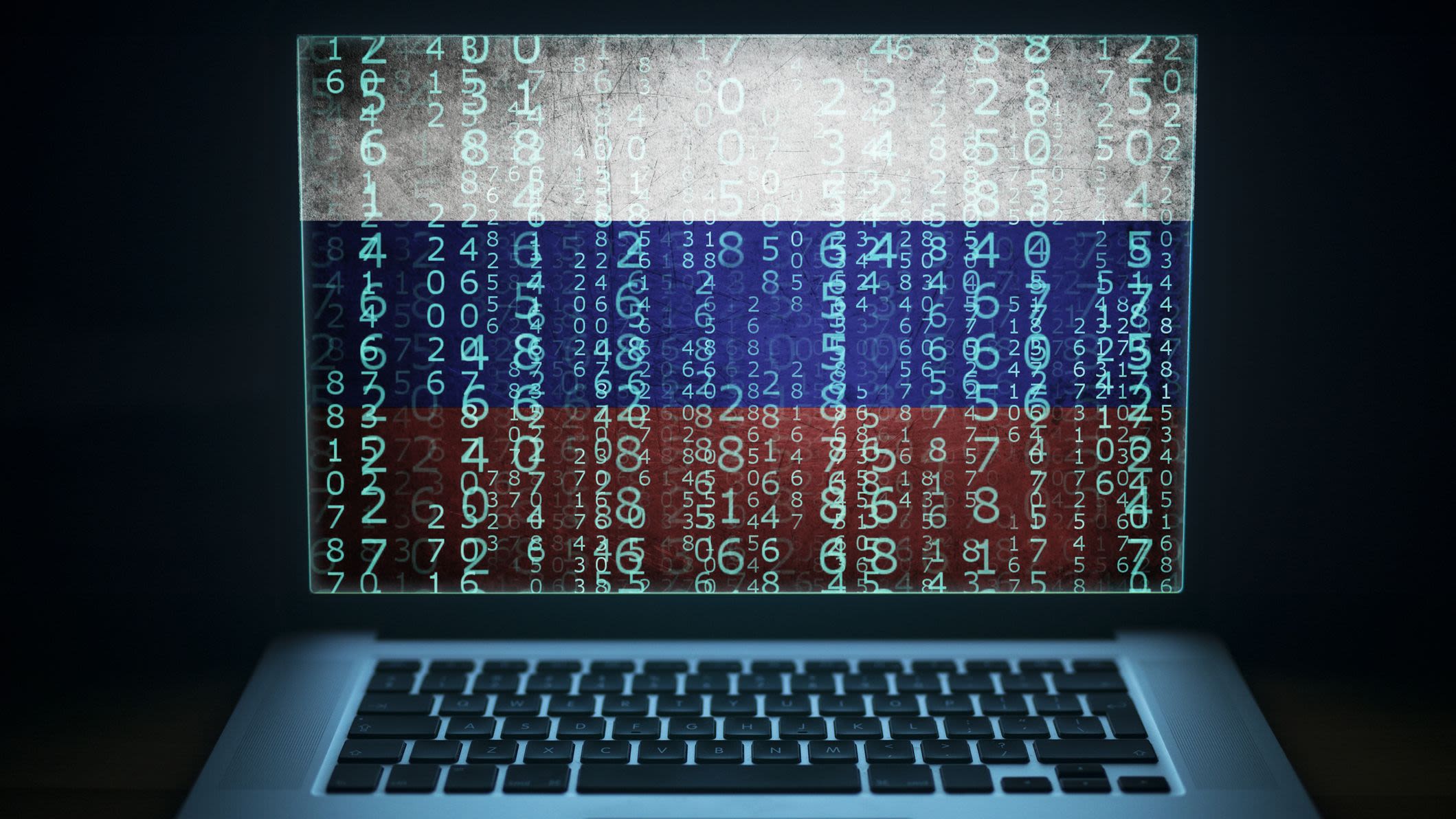 NCSC warns UK under state-sponsored spear-phishing attacks from Russia and Iran
NCSC warns UK under state-sponsored spear-phishing attacks from Russia and IranNews The acceleration in spear-phishing campaigns last year coincided with the escalating conflict in Ukraine, according to the NCSC
-
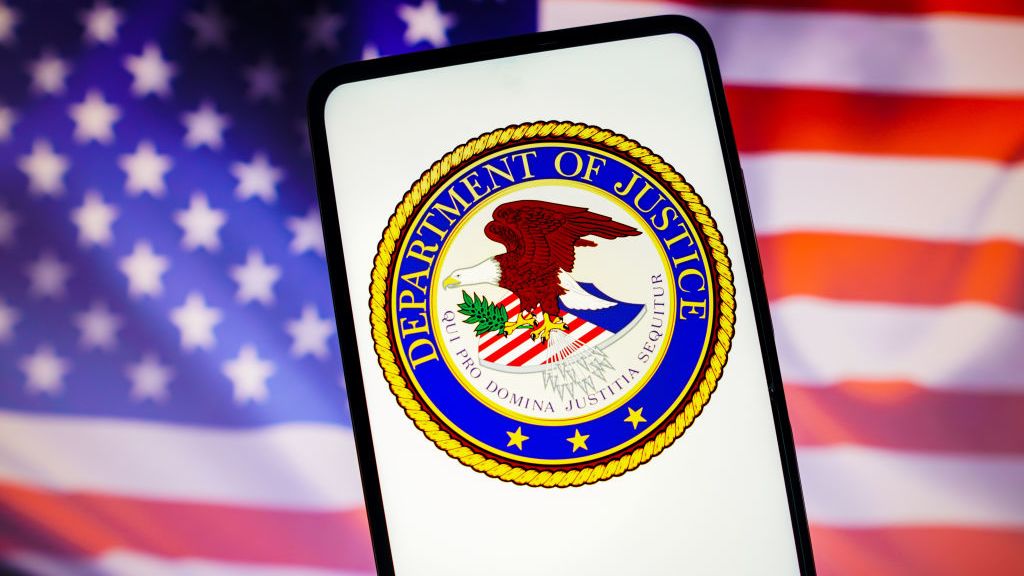 US begins seizure of 48 DDoS-for-hire services following global investigation
US begins seizure of 48 DDoS-for-hire services following global investigationNews Six people have been arrested who allegedly oversaw computer attacks launched using booters
-
 NCSC founder details 'biggest regret' in underestimating organised cyber crime
NCSC founder details 'biggest regret' in underestimating organised cyber crimeNews In a rare public address, Martin also detailed his proudest achievement and how the idea for the NCSC came to be
-
 Will triple extortion ransomware truly take off?
Will triple extortion ransomware truly take off?In-depth Operators are now launching attacks with three extortion layers, but there are limitations to this model
